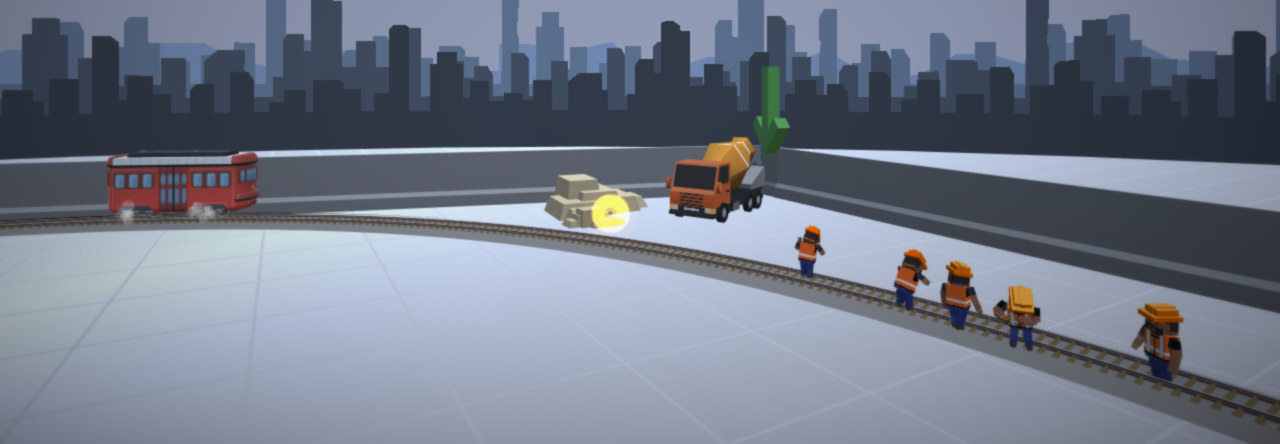
Dwarf Fortress is a very complex and convulated game that has amazing depth that has players hooked. The game has a sharp learning curve complete with an ASCII art visualization that turns some potential players away. That being said, the game is easier to get into now then when it first launched in 2006.
The game is made by two brothers (Tarn and Zach Adams) who keep afloat thanks to the ongoing donations from players, which they are rather open about (check their spreadsheet here). On their monetazatino approach they have a very blasé attitude:
“I guess it’s like shareware,” he says of his own monetization technique. “We didn’t really take inspiration from anything. Someone said to us, ‘Why don’t you put up a PayPal button for your birthday so I can send you $50?’ And then over the next four or five months, we made around $300. I was still working then, and Dwarf Fortress wasn’t even out. Then we released the game, and started making $800, $1000 in the subsequent months. And we were like, ‘Maybe we actually have a shot.’ Now we’re averaging $4000 a month, baseline, which is crazy.”
That quote comes from an interview at Gamasutra who down with the brothers to talk about the development of Dwarf Fortress. It’s fascinating to read because their approach to the entire game and how they make it is unique. They basically have done everything one “shouldn’t do” to make a hit indie game from a business perspective; of course, from a game design perspective they have hit a home run.
The game has been in development for many years and they don’t want to stop working on it for at least the next couple decades!
Adams says that whenever he becomes bored of a specific element of the game, he can simply go off and work on something else completely different instead. “Like, if I got sick of geology, I wouldn’t have to look at geology again for 10 years, right?” he laughs. “You can just go do something else.”
This is why Dwarf Fortress development is so completely different to, say, your average triple-A or mobile game design. A regular game development team might spend months and years refining a title and polishing it up, making it “ready for market,” and this is where Adams believes the enthusiasm can be lost.
